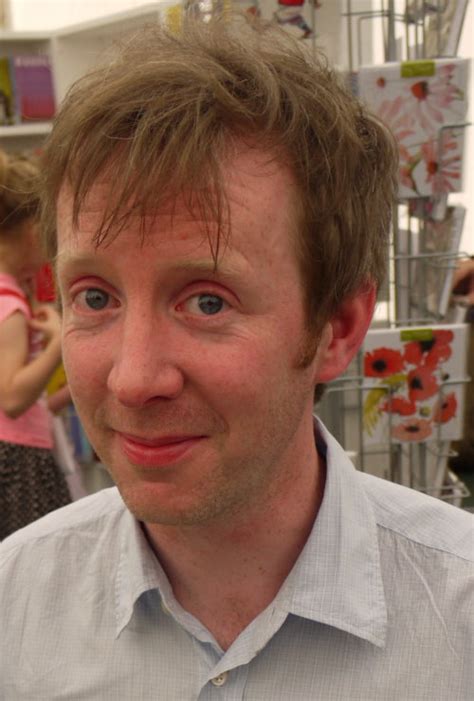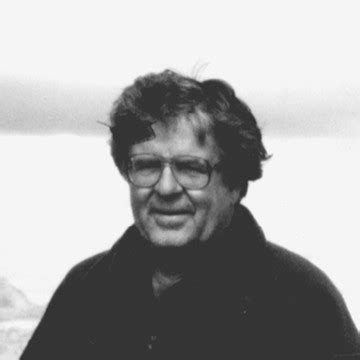A Quote by John Dufresne
The regional tags are often pejorative and dismissive. Don't think of place-bound stories, in other words, but of stories with a strong sense of place.
Quote Topics
Related Quotes
History, in the end, is only another kind of story, and stories are different from the truth. The truth is messy and chaotic and all over the place. Often it just doesn’t make sense. Stories make things make sense, but the way they do that is to leave out anything that doesn’t fit. And often that is quite a lot.
Places come to exist in our imaginations because of stories, and so do we. When we reach for a "sense of place," we posit an intimate relationship to a set of stories connected to a particular location, such as Hong Kong or the Grand Canyon or the bed where we were born, thinking of histories and the evolution of personalities in a local context. Having "a sense of self" means possessing a set of stories about who we are and with whom and why.
My being Indian is possibly the biggest thing that influences my stories. Not just in terms of settings - most of the settings in my stories are Indian - but also in terms of characters and plot. I think growing up in India grew my imagination in certain ways that would not have happened in any other place. I'm also fascinated by the idea of India, and writing stories allows me to explore this. As for thematic elements, they are probably pretty obvious in my stories. I also hope that my stories bust stereotypes at least to a modest extent.
The language of the culture also reflects the stories of the culture. One word or simple phrasal labels often describe the story adequately enough in what we have termed culturally common stories. To some extent, the stories of a culture are observable by inspecting the vocabulary of that culture. Often entire stories are embodied in one very culture-specific word. The story words unique to a culture reveal cultural differences.
I don't necessarily think stories have functions any more than diamonds have functions, or the sky has a function... Stories exist. They keep us sane, I think. We tell each other stories, we believe stories. I love watching the slow rise of the urban legend. They're the stories that we use to explain ourselves to ourselves.
You know when you're hungry and excited and you feel humble about it? I like that. In the past, when things were not clear, I think I wasn't ... I didn't have my feet on the ground as much, maybe, 10 years ago. So I just feel like this is a good place to be now, to feel that you want to tell stories from this place and that you're excited to tell stories from this place because you know what you love. I know what I love right now.
We are shaped by stories from the first moments of life, and even before. Stories tell us who we are, why we are here, and what will become of us. Whenever humans try to make sense of their experience, they create a story, and we use those stories to answer all the big questions of life. The stories come from everywhere--from family, church, school, and the culture at large. They so surround and inhabit us that we often don't recognize that they are stories at all, breathing them in and out as a fish breathes water.
And in that line now was a whiskered old man, with a linen cap and a crooked nose, who waited in a place called the Stardust Band Shell to share his part of the secret of heaven: that each affects the other and the other affects the next, and the world is full of stories, but the stories are all one.
I suppose the other thing too many forget is that we were all stories once, each and every one of us. And we remain stories. But too often we allow those stories to grow banal, or cruel or unconnected to each other.We allow the stories to continue, but they no longer have a heart. They no longer sustain us.


































